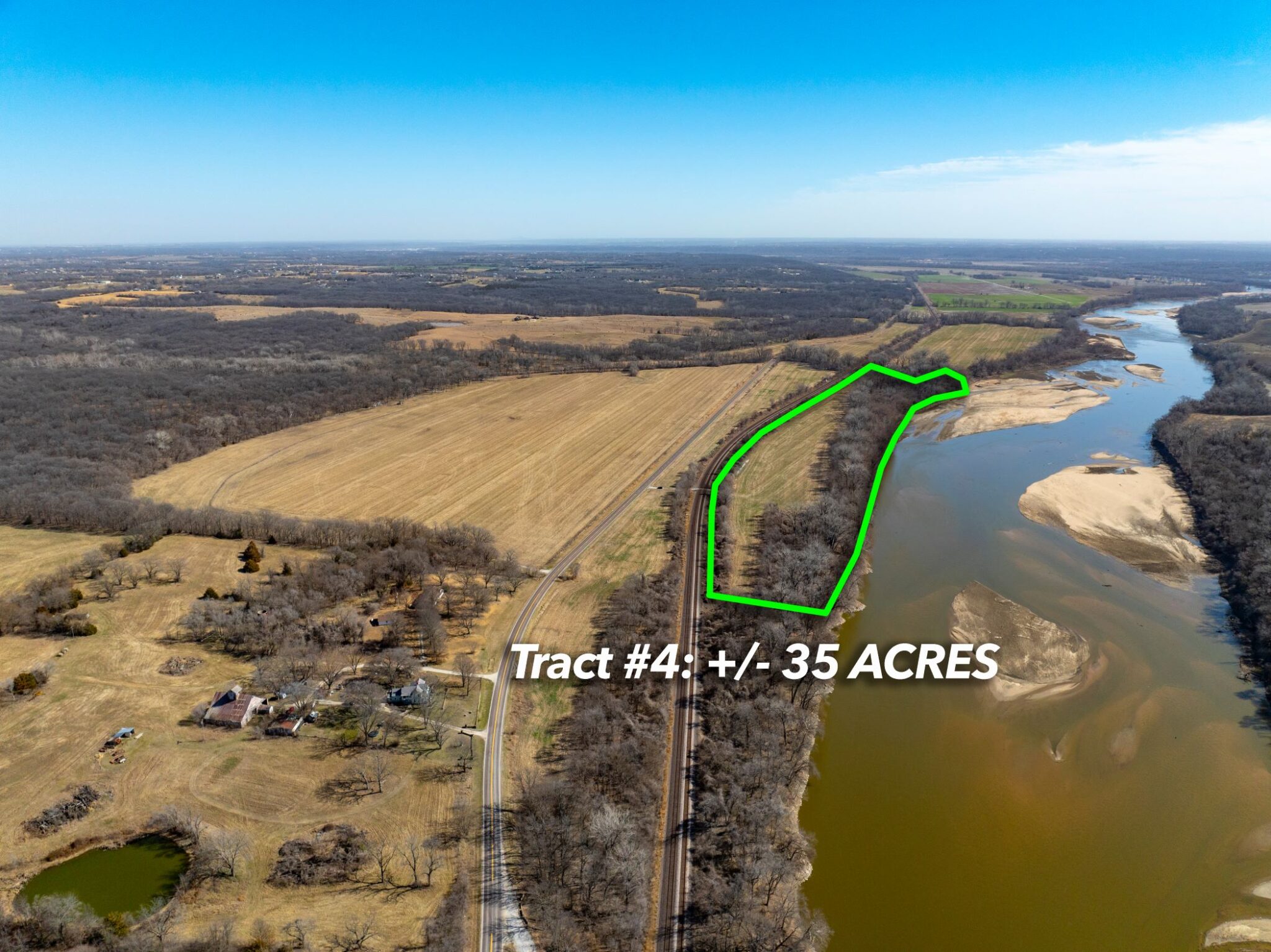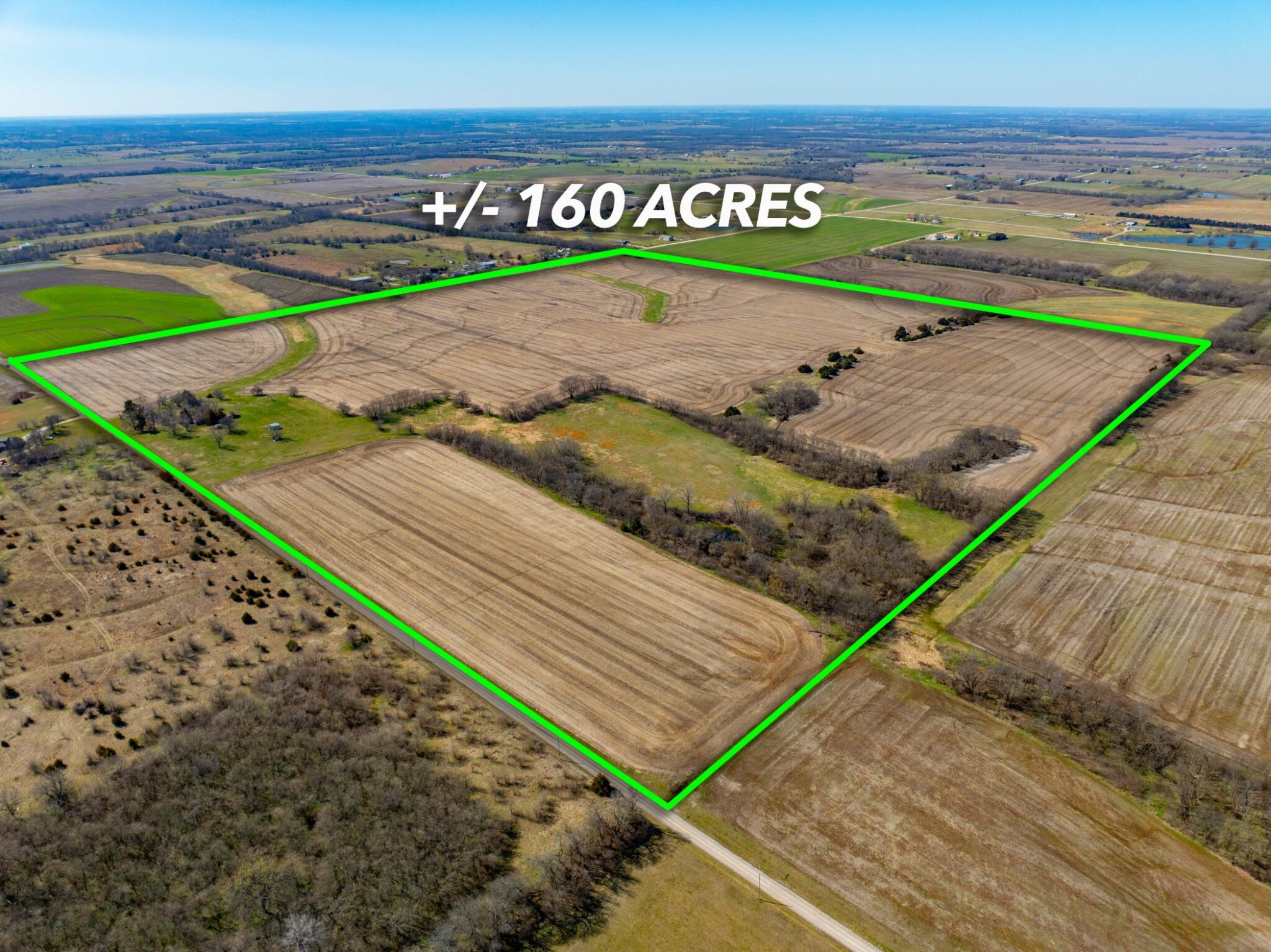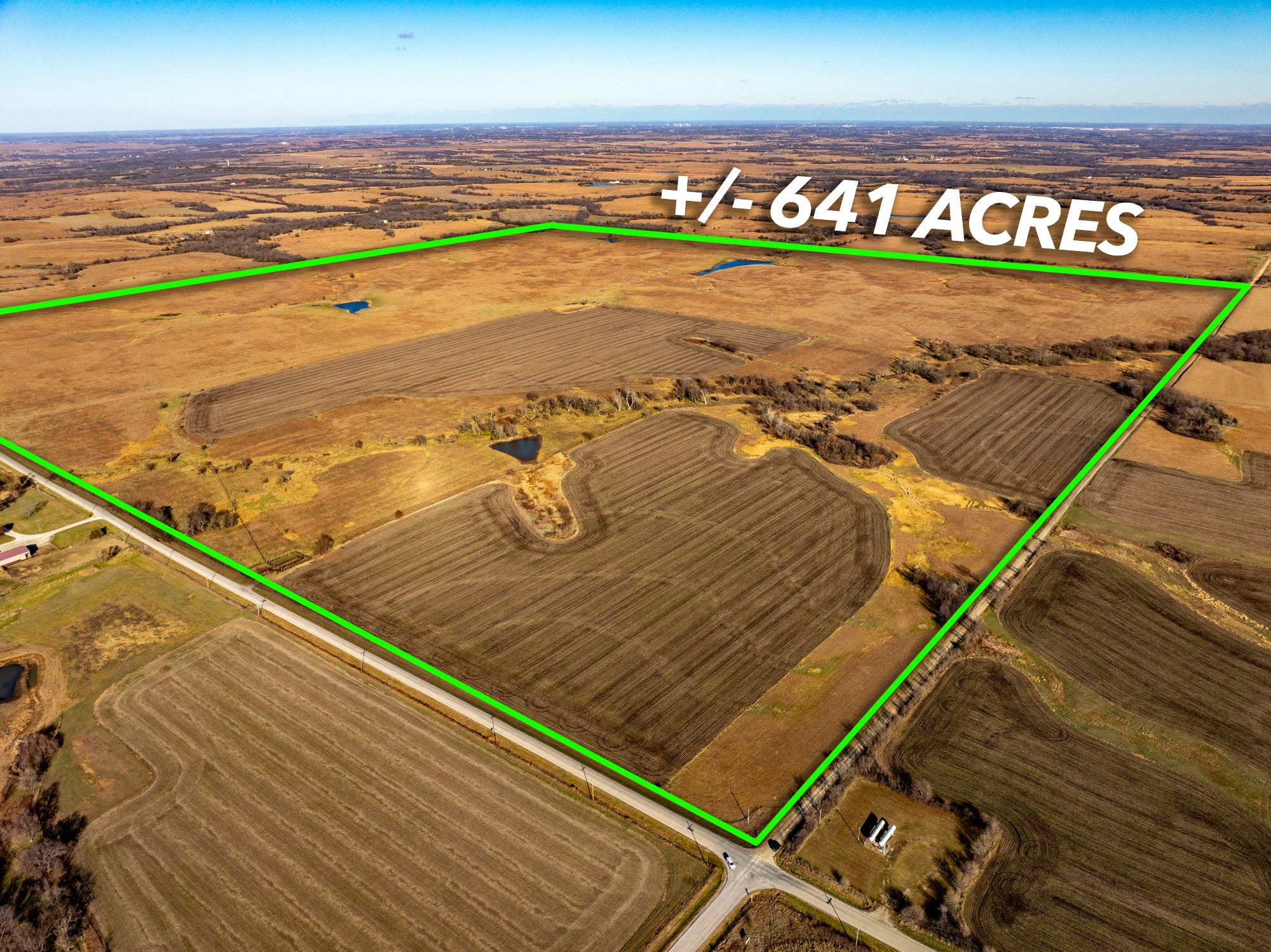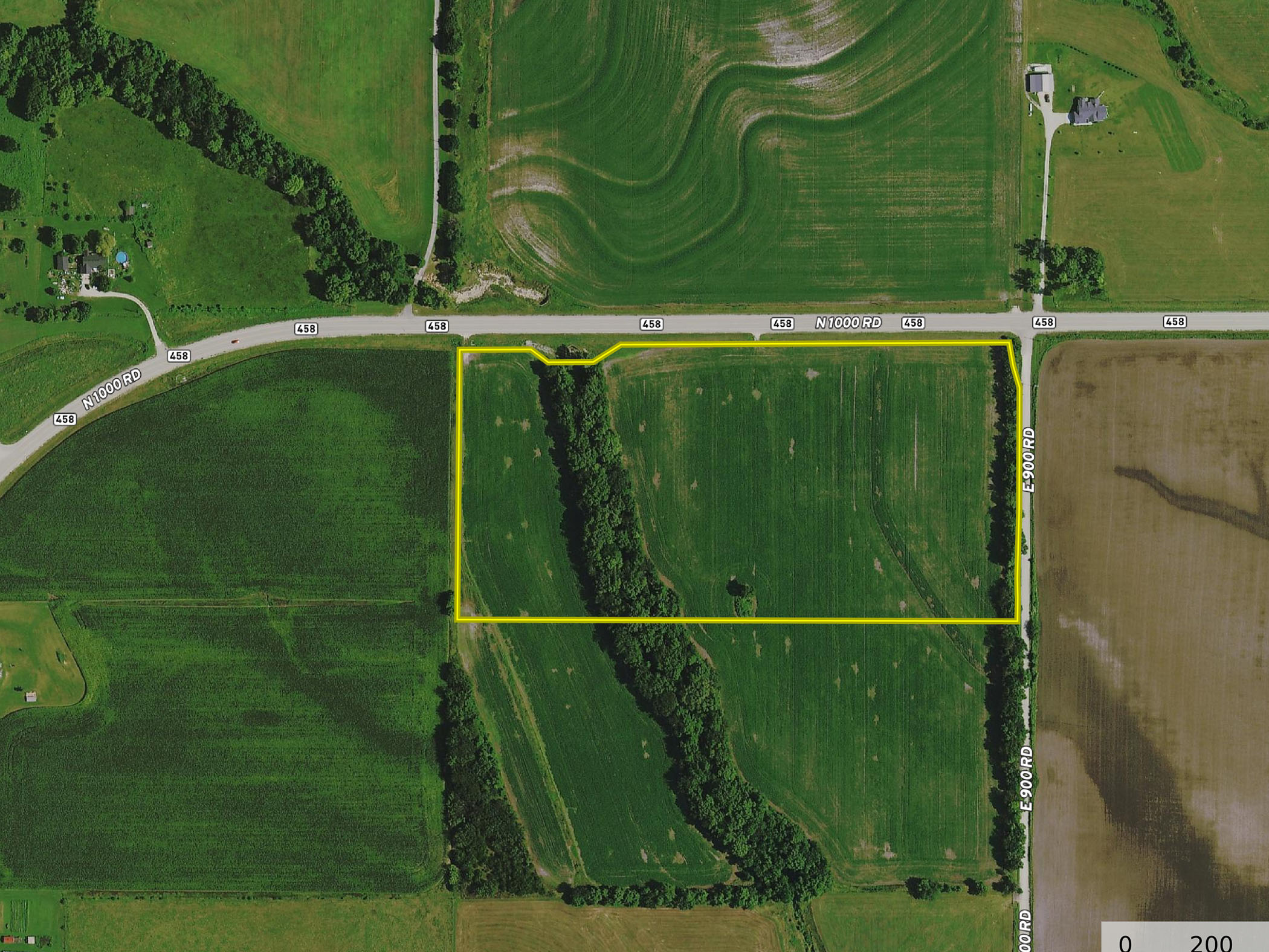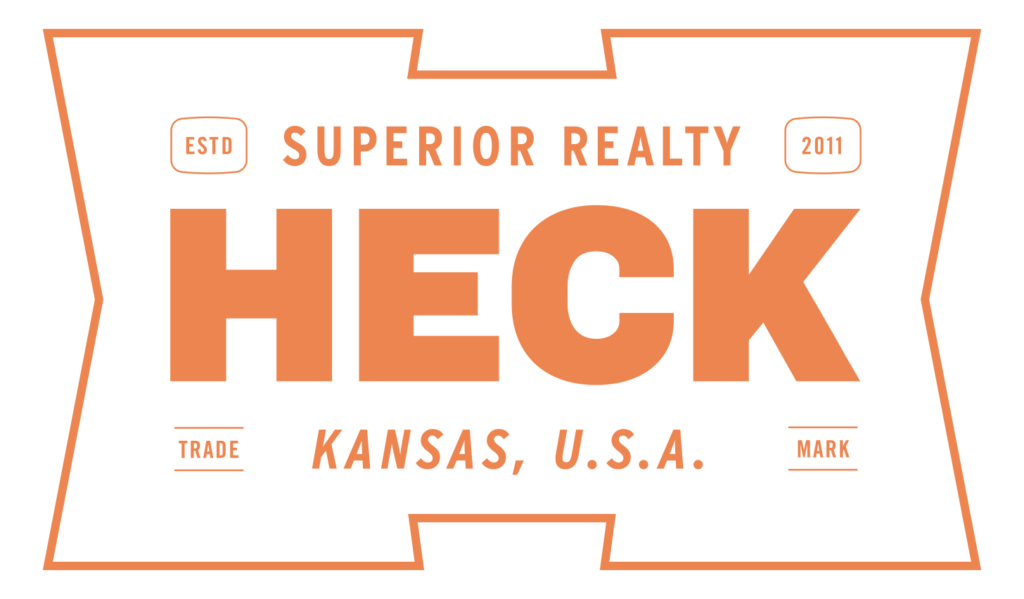Neighbors With Know-How
Licensed Kansas Agents Making Real Estate Dreams Take Root
HECK Yeah We Do That
Whether buying a home in the city or selling a vast stretch of acreage, expect a HECK of a lot of care and experience on your side of the table - we know the lay of the land and live to help you on the journey. Come heck or high water, we remain steadfast in our commitment to our values because we’re working for the most important people in the world.
Communication. Work ethic. expert advice.
9 Acres
– Leavenworth County, Kansas
Asking Price: $775000
from our clients
We had an excellent experience working with Brian Pine and Dana Baker of Heck Land Company when we were looking for a home in the Lawrence/Baldwin area. Both went above and beyond to help us, which was critical since we lived four hours away. Some examples: Dana gave a live video tour of a house in the early stages of our search; without being asked, she drove by a prospective house in the evening to see how bright the nearby sports complex lights were; and on short notice, she rose early to get our late offer in on a house that had two other bids (we were successful). Even after the business part ended, Dana has continued to be helpful as we transition to our new home and community. Dana and Brian also helped us with both a sale and a purchase of land in the Ottawa area, which went smoothly. Overall, we had a very positive experience working with Heck Land Company and recommend them highly.
Errol & Lisa Hooper
We truly sensed Dana and the rest of the Heck Land team cared that we knew all of our options, had the best resources, and had expert advice in support of our buying process. We highly recommend working with Heck Land for any property transaction in Kansas!
Byron & Rachel Harden
Selling my home was a difficult and emotional task, so I was grateful to have Heck Land Company working with me. Not only are they all experienced professionals and personable people, but they actually listened to my concerns and respected my wishes and opinions. They paid attention to details, kept me informed and provided me with positive results! If you are searching for a company with integrity in the real estate industry, I would highly recommend Heck Land Company!
LaVada Gjerstad
[To make a long story short, four months after listing with Heck] we were closing on the whole property to someone who lives in the same county as the farm and had known our grandfather. We believe Heck
Land may have had a little divine help!
Thank you, Heck Land, you were professional, knowledgeable,
caring, good listeners and made the whole experience easier
for us both.
Pebble W. & Roc'C S
Kent and I would like to thank Heck Land Co. for being our realtor in purchasing our new home and selling our old home. They were all wonderful, helpful and considerate, always available to answer any questions that came up. They took fabulous pictures, and were a fun team to work with. They were very understanding and open minded to any situation that came up. No matter how stressful it was, they always found a solution to the situation. They were very considerate of our time for showings, always made sure everything was in great shape. We appreciated the opinions from Dana, Brian and Kelvin. I will miss conversations, especially with Dana. A very professional business. Thank you, Heck Land Co.
Debbie & Kent
I decided to use Heck Land Company as my realtor in the recent sale of my rural property. They listed my property at a price they assured me was appropriate, and having two full price offers within a week of listing proved them out. The sale process was seamless and everything was handled completely professionally. I would absolutely recommend Heck Land Company if I was looking to sell a rural property.
John J. Joyce, PE
This was not merely a business transaction, but a personal relationship as well. We could not have been happier to have Kelvin and Brian join us and guide us throughout
this journey. They provided the professional support and knowledge necessary for the sale of our home and land. Heck Land easily became our choice for the sale of a second property. Their excellent marketing skills, unparalleled understanding of the market and attention to detail resulted in both properties selling quickly for amounts which exceeded our expectations.
Dan & Tammie Caffee
Honest, ethical, and patient, and is willing to answer the most elementary question or work through the most complicated problem. Heck is always my first call whenever I need real estate services.
Tom & Marilyn Dobski
Kelvin and Brian have been wonderful to work with in regards to our land sales. They are both extremely personable and thorough and have gone above and beyond to assist with any difficulties that we have encountered along the way. We highly recommend this company and plan to continue to use them going forward.
Trustees of the Norbert Grosdidier Trust; Barb Hermreck, Mary Williams, & Mark Grosdidier
My experience with Heck Land Company has been truly comforting. Working with Brian Pine was the most efficient and painless process I could have hoped for. Everything was taken care of promptly, professionally and personally. The buying experience was flawless. There isn’t anyone else I can imagine that would have given the level of service that I received. Heck Land Company helped make a huge dream come true! Thank you!!
Jeff H. C
Our experience with Heck Land Company exceeded our expectations at every turn...Brian and Kelvin leveraged their well developed networks to help us price and prepare our home appropriately. We could not have chosen better with Heck Land Company. With their execution, we were able to sell our home much more quickly than we anticipated.
Larry Burmingham
The Heck Land Company team has been great to work with. They understand agriculture as they have both been active in production ag in their careers and that first hand experience allows them to provide me with a level of service and understanding that is unique in this industry. Kelvin and Brian’s enthusiasm, honesty, and dedication to their clients are why I will continue to use Heck Land Company and recommend them every chance I get.
Rob EichmanMidwest Concrete Materials, Inc.
We found Kelvin and his company to be the genuine article, down to earth, unpretentious, and task oriented, remaining professional and respectful at all times. He does what he says he will do, with follow through. In addition to selling the two farms we sold two houses in a time frame no one anticipated. Heck Land Company is up to the task of getting your property sold and should be at the top of your list for consideration.
Bill and Homer Leslie
Previous
Next


